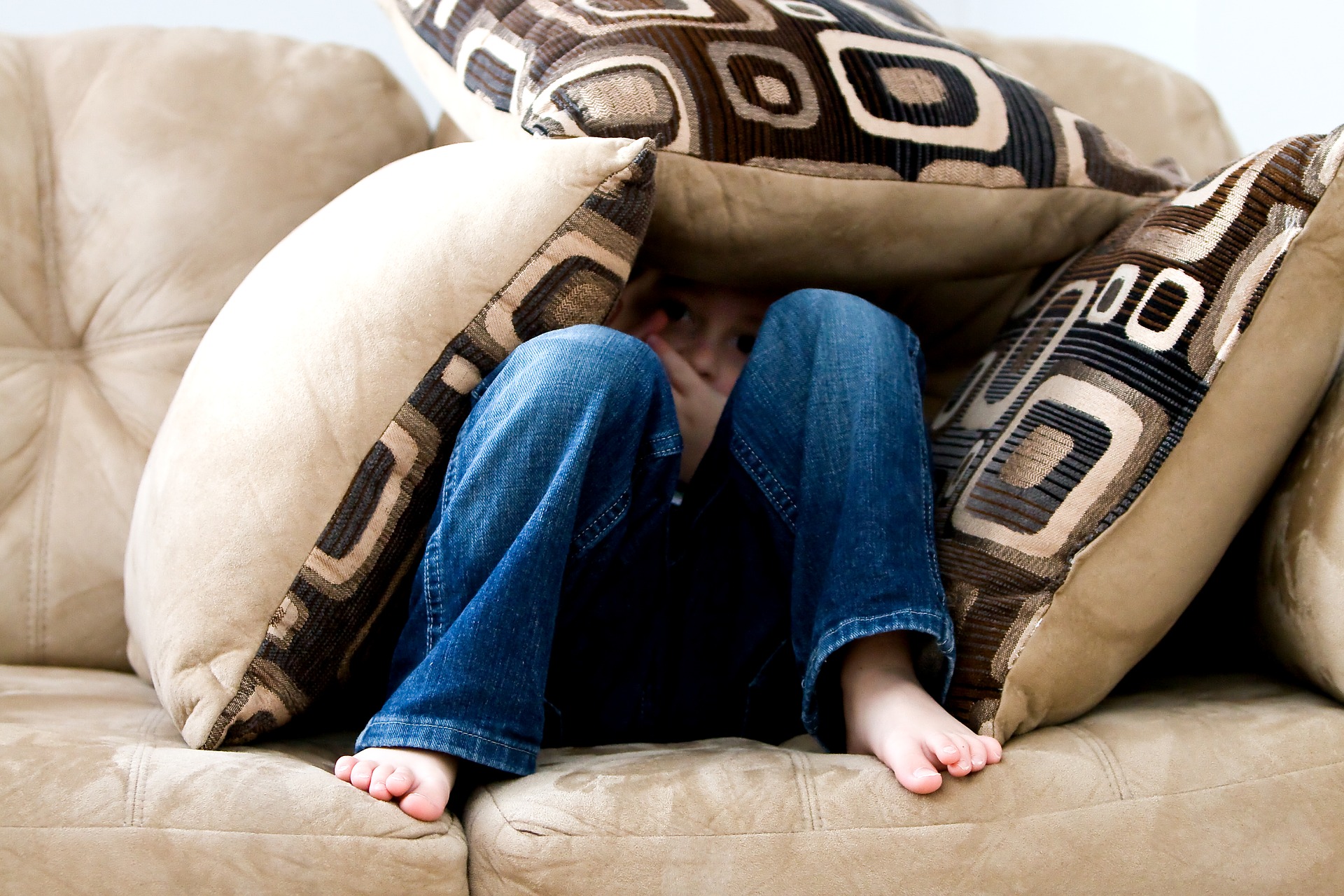LISTEN :
Why should I be concerned?
Much of the emotional, social and physical well-being of our children are directly related to having the proper self-esteem. Much of the troubles they develop in friendships, body-image and friendships in the later years, as well as their ability to grow and thrive, are directly related to the way they see themselves.
Carl Rogers, a famous psychologist, made a statement about the human being that really woke me up to how important it is to create high self-esteem in our children. He said, “We want to feel and behave in ways that are consistent with our own self-image.” If our child’s self-image is that they are worthless and not good at basic skills such as listening and school work, then it is no wonder why their behaviour fits their paradigm.
If we make our children feel that they’re not smart, then they’ll probably act that way—more so. If they feel that they’re incapable of doing things or untrustworthy, they’ll mostly likely act out those things. We know we don’t like to say those things to our children, but in a moment of anger or disappointment, it could slip out of our mouth. It’s very important to keep track of what we are saying in all states of our emotion and pay attention to how they may impact our children long-term.
Laying the foundation

Signs of high self-esteem
- They face challenges with determination and endurance
- They can accept failure and unhappiness fairly well
- They are fairly open with people.
How can we know if our child has low self-esteem?
We can’t fix things unless we first identify what situation we are dealing with. So here are helpful and healthy tips that I want to share with you—that I’ve read back in the day, and it helped me to get a gage on where my children were.
A child with low self-esteem will:
1. Avoid challenges
2. Withdraw from others
3. Make negative statements about themselves
4. Like to think a lot that they can’t do things
5. Give up easily
6. Be overly sensitive to the opinions of others
Let’s talk love and solutions!
Conditional vs Unconditional Love
Shaming them into good behavior
Conditional love doesn’t work
The Prophet PBUH is our model
How to build their self esteem

1) Ensure that your expectations of your child match their ability according to the developmental stage that they’re in.
2) Withhold words of negative criticism.
Never over generalize, such as “You always do this or you’re such a…”
And again we hate to admit that these are things we say, but sometimes it
happens in fits of stress or anger. Replace these with power words instead,
such as “I really like what you did or
said,” etc. This is also when you might want to correct the child and say,
“I really love the way you _________. It would even be better if you _______.“
Another suggested way to correct the child is,
“I know you meant to do the right
thing. How do you think that you can fix this? Let’s work on it together.“
3) Make sure to give our children our undivided attention
4) When your child speaks, meet them at their level.
5) Use positive body language.
6) Show your child that you’re happy when they come into the room.
7) Create a home that allows our children to feel that they’re able to express their opinion and will not be judged.
8) Talk to our spouses about the importance of building self-esteem.
It’s important that both parents are on the same page with having healthier emotional health. For a child to reach their full potential, they have to have good emotional health, and that starts with us.
I pray that these signs and suggestions were of great help to you. And, I pray that all of us are able to work on this and work on ourselves in a way that we can really set our children up for success from the beginning. It all starts in our home.
Please
don’t hesitate to message me for further information on this topic. Also,
please tune in to my Mindful Muslimah Speaks Podcast and YouTube channel for further parenting tips.



